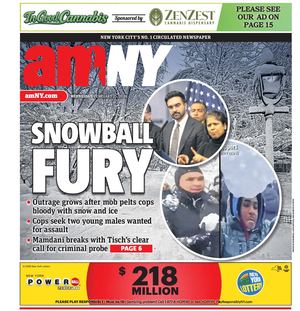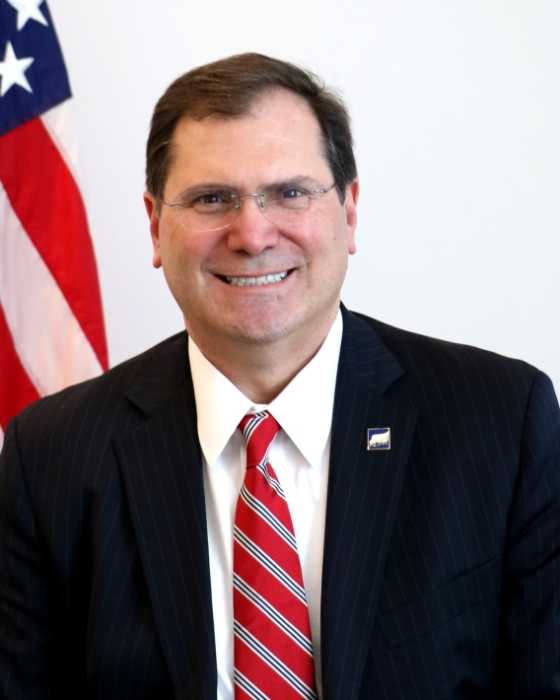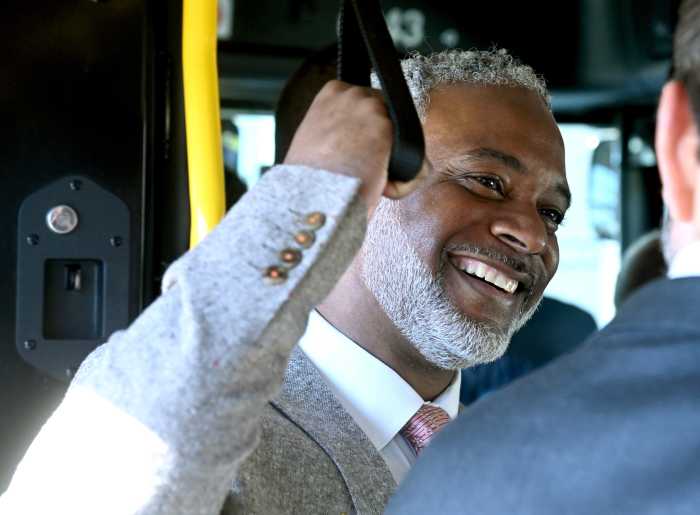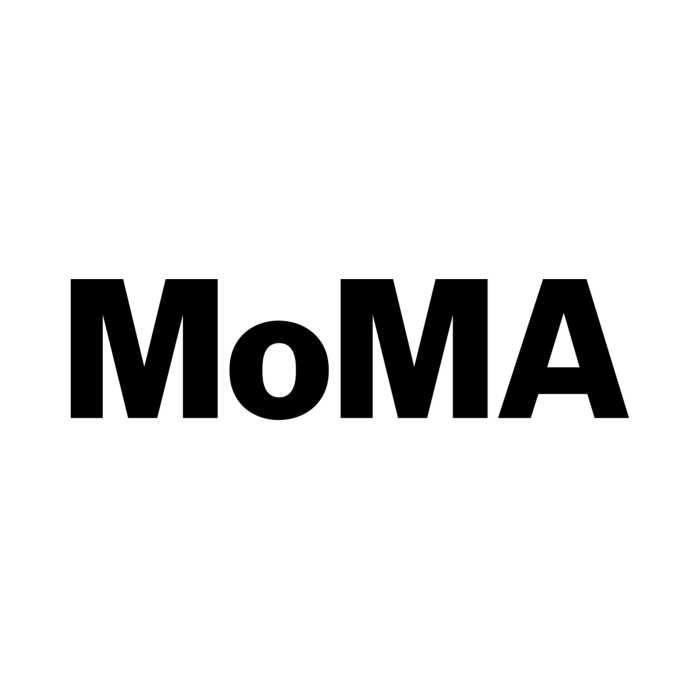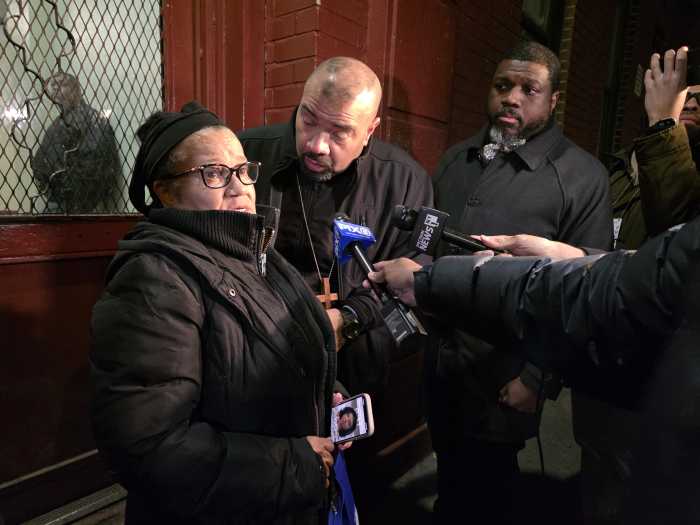Twitter recently honored women in its first TV ad, as if the social media platform functioned as a throne rather than a pillory.
The commercial premiered during the Oscars and featured a diverse array of female faces and a powerful spoken-word poem that stated: “When a woman tells her story, she lives forever.” I got chills watching that carefully curated plug meant to keep an entire gender from leaving the site in frustration.
But as Women’s History Month continues, I feel more disgust than admiration for Twitter. The platform — much like its Facebook rival — appears complacent in its inability to manage hate speech, revenge porn, rape threats, stalking and doxxing, which is the practice of broadcasting private information like phone numbers and addresses.
Digital attacks can happen to anyone, but people of color, LGBTQ people and women receive a disproportionate amount of abuse, according to a recent Pew Research Center survey.
I was attacked on Twitter in the months before the 2016 election. Internet robots and targeted campaigns made the platform a particularly toxic place to visit. Based on my situation, which involved numerous strangers telling me to kill myself, I gave up my account in early 2017. Although I visit other apps like Instagram and Facebook, I refuse to share the same Twitter space as the leader of the free world, who frequently violates the platform’s terms of service by attacking or demeaning opponents.
Worried that debate has given way to virtual stonings, I attended an online abuse panel in Soho on International Women’s Day. The panelists impressed me with their commitment to end technology-based violence, but I especially admired the philosophy of Emily May, a co-founder of Hollaback! and HeartMob, a site that mobilizes bystanders. Fighting fire with water, HeartMob even deploys its own army of “bots” that spread support instead of suppression.
I hope Twitter’s TV ad is a nod to the future for women and all people who share unique voices and faces in a global space. Meantime, I stand with a growing number of survivors, both online and IRL.
Pretty soon, we’ll outnumber the ugly tweets.
Ann Votaw is a freelance writer based in New York City.
